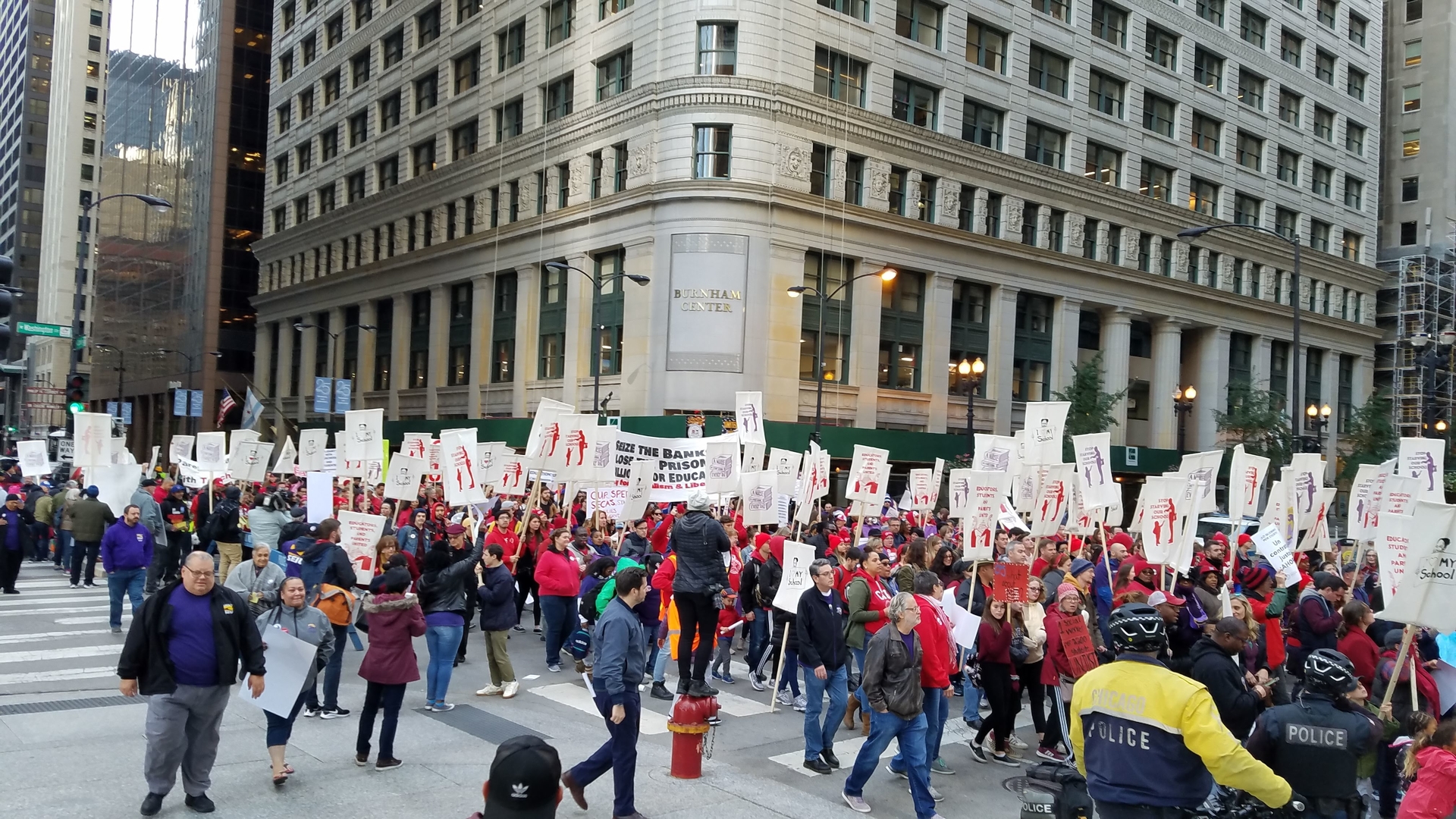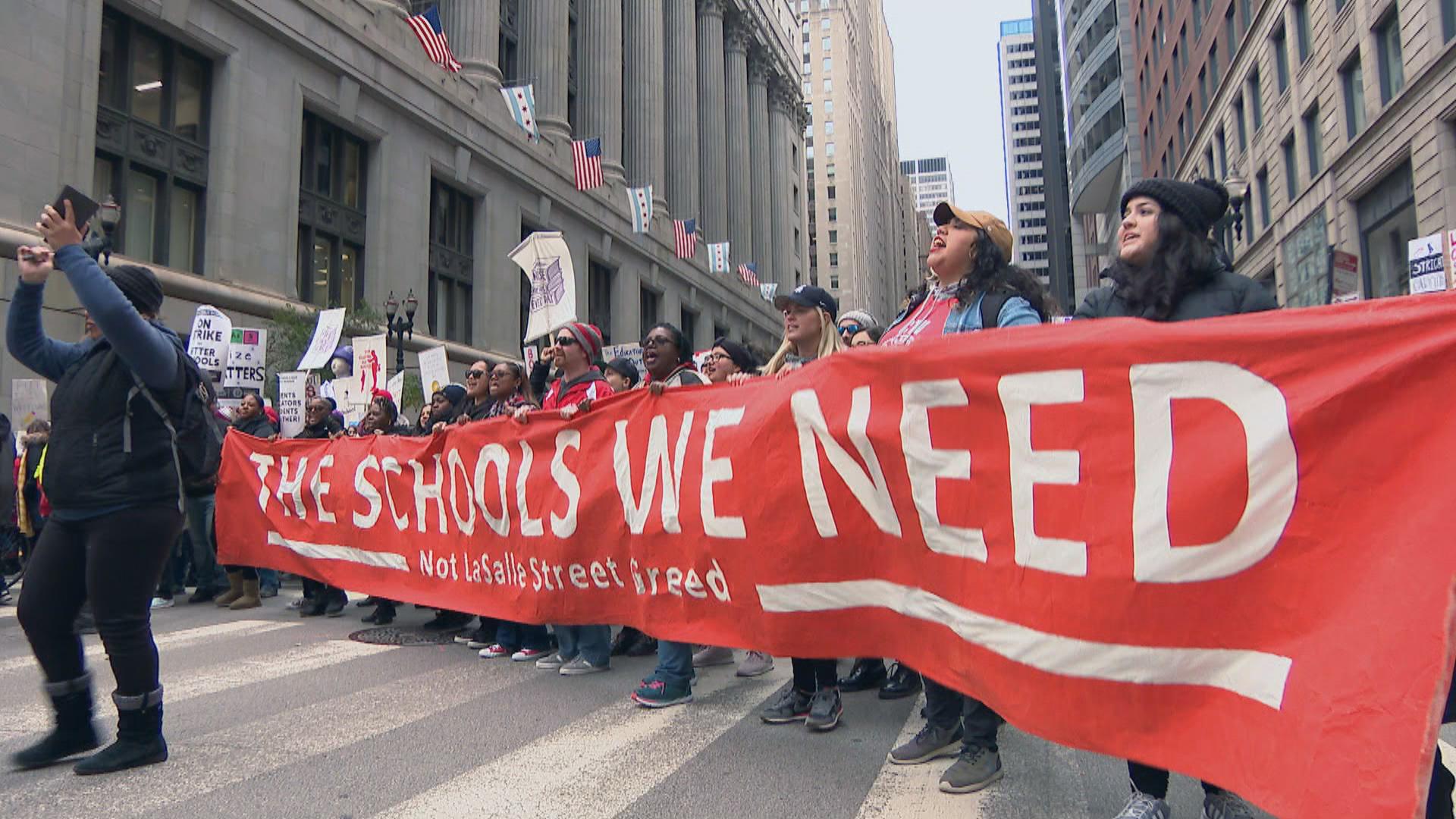The Service Employees International Union (SEIU) is one of the most influential labor unions in the United States, advocating for millions of workers across various industries.
As a driving force in the labor movement, the SEIU is committed to improving working conditions, securing fair wages, and promoting social justice. Representing a diverse workforce, from healthcare professionals to janitors, the union has consistently been at the forefront of advocating for workers' rights. Through its efforts, the SEIU ensures dignity, respect, and equity in the workplace, earning recognition both nationally and internationally.
Founded in 1921, the SEIU has grown into a formidable presence in the labor movement, boasting a membership exceeding two million individuals. Operating under the belief that collective action is the cornerstone of meaningful change, the union organizes workers, negotiates contracts, and engages in political advocacy. These initiatives have led to policies that benefit not only its members but also the broader community. The SEIU's campaigns often focus on addressing systemic inequalities, promoting affordable healthcare, and advocating for immigrant rights, positioning it as a leader in progressive labor movements.
Read also:Discover The World Of Asian Entertainment With Dramacoolso
In today's rapidly evolving workforce, the SEIU continues to adapt, addressing emerging challenges faced by workers. Whether advocating for a living wage, enhancing workplace safety, or promoting policies that tackle climate change, the union remains steadfast in its mission to protect workers' rights. Its influence extends beyond traditional labor issues, actively engaging in social justice initiatives aligned with its core values. This article delves into the history, structure, and impact of the SEIU, exploring how it continues to shape the future of labor and social equity.
Table of Contents
- Understanding the Service Employees International Union
- How the SEIU Structures Its Operations
- The Importance of the SEIU in Today's Workforce
- How the SEIU Advocates for Workers' Rights
- Key Achievements of the SEIU
- The SEIU's Approach to Social Justice
- Challenges Facing the SEIU
- Joining the SEIU: A Guide for Workers
Understanding the Service Employees International Union
The Service Employees International Union (SEIU) is a labor union that represents workers in a wide array of industries, including healthcare, public services, and property services. Established in 1921, the SEIU has grown into one of the largest and most influential unions in North America, with a membership base spanning multiple states and provinces. Its primary mission is to enhance the lives of workers by advocating for better wages, benefits, and working conditions.
The SEIU operates on the principle of collective bargaining, empowering workers to negotiate with employers collectively. This approach has proven highly effective in securing favorable outcomes for employees, such as improved wages, enhanced healthcare benefits, and safer working environments. Additionally, the union engages in political advocacy, supporting policies and candidates that align with its mission of promoting workers' rights and social justice.
Industries Represented by the SEIU
- Healthcare: Nurses, home care workers, and hospital staff.
- Public Services: Government employees, teachers, and social workers.
- Property Services: Janitors, security officers, and maintenance workers.
How the SEIU Supports Its Members
Members of the SEIU benefit from an extensive range of services, including legal support, training programs, and access to resources that assist them in overcoming workplace challenges. The union also provides a platform for workers to express their concerns and participate in decision-making processes that directly impact their livelihoods.
How the SEIU Structures Its Operations
The SEIU operates through a decentralized structure that allows for flexibility and adaptability across different regions and industries. At the national level, the union is governed by a president and an executive board, responsible for overseeing strategic initiatives and ensuring alignment with the organization's mission. Local chapters, referred to as locals, are tasked with implementing programs and campaigns tailored to the specific needs of their members.
Local Chapters and Their Roles
Local chapters play a pivotal role in the SEIU's operations. They serve as the primary point of contact for members and are responsible for organizing campaigns, negotiating contracts, and addressing grievances. Each local is led by elected officials who collaborate closely with members to identify priorities and develop action plans.
Read also:Michael Jacksons Battle With Vitiligo Unveiling The Truth
Regional Coordination and Collaboration
While locals function independently, they often collaborate with other chapters to tackle broader issues affecting workers across industries. This regional coordination ensures that the SEIU can effectively respond to challenges such as wage stagnation, workplace safety concerns, and legislative changes impacting labor rights.
The Importance of the SEIU in Today's Workforce
In an era characterized by economic uncertainty and evolving labor dynamics, the SEIU remains a crucial advocate for workers' rights. The union's commitment to addressing inequality and promoting fairness resonates with millions of workers who face challenges such as low wages, inadequate benefits, and unsafe working conditions.
Combatting Inequality in the Workplace
A core mission of the SEIU is to combat economic inequality by advocating for policies that benefit low-wage workers. This includes supporting initiatives to raise the minimum wage, expand access to healthcare, and ensure paid leave for workers. By addressing these systemic issues, the SEIU contributes to creating a more equitable society where all workers can thrive.
Empowering Marginalized Communities
The SEIU places a strong emphasis on empowering marginalized communities, including women, people of color, and immigrants. Through targeted campaigns and partnerships with community organizations, the union works to dismantle barriers that hinder these groups from achieving economic stability and social justice.
How the SEIU Advocates for Workers' Rights
The SEIU employs a variety of strategies to advocate for workers' rights, from grassroots organizing to political lobbying. One of its most effective tools is collective bargaining, enabling workers to negotiate with employers as a unified group. This approach has been instrumental in securing better wages, benefits, and working conditions for millions of workers.
Grassroots Organizing and Community Engagement
The SEIU invests significantly in grassroots organizing, empowering workers to take action in their communities. This includes hosting rallies, organizing strikes, and mobilizing members to participate in advocacy campaigns. By fostering a sense of solidarity and collective purpose, the union strengthens its ability to effect change.
Political Advocacy and Legislative Action
In addition to grassroots efforts, the SEIU engages in political advocacy to influence policies affecting workers. This includes supporting candidates who champion labor rights, lobbying for legislation that benefits workers, and opposing measures that undermine union power. Through these efforts, the SEIU ensures that workers' voices are heard at all levels of government.
Key Achievements of the SEIU
Over the years, the SEIU has achieved numerous milestones that have significantly impacted workers' rights and social justice. From securing landmark contracts to spearheading national campaigns, the union's accomplishments demonstrate its ability to drive meaningful change.
Securing Fair Wages and Benefits
One of the SEIU's most notable achievements is its success in negotiating contracts that provide workers with fair wages and comprehensive benefits. These agreements often include provisions for healthcare coverage, retirement plans, and paid leave, ensuring that workers can support themselves and their families.
Advancing Social Justice Initiatives
Beyond labor rights, the SEIU has been a leader in advancing social justice initiatives. This includes advocating for immigrant rights, promoting racial equity, and addressing climate change. By aligning its efforts with broader social movements, the union amplifies its impact and creates lasting change.
The SEIU's Approach to Social Justice
The SEIU recognizes the deep connection between workers' rights and broader social justice issues. As such, the union actively engages in campaigns and initiatives that address systemic inequalities and promote equity for all.
Fighting for Racial and Gender Equity
The SEIU is committed to dismantling barriers that disproportionately affect women and people of color in the workplace. This includes advocating for pay equity, addressing workplace discrimination, and supporting policies that promote diversity and inclusion.
Supporting Immigrant Workers
With a significant portion of its membership consisting of immigrant workers, the SEIU has been a vocal advocate for immigrant rights. The union supports policies that provide pathways to citizenship, protect workers from exploitation, and ensure access to essential services.
Challenges Facing the SEIU
Despite its successes, the SEIU encounters various challenges that threaten its ability to advocate for workers' rights. These include anti-union legislation, declining membership, and resistance from employers who oppose collective bargaining.
Navigating Anti-Union Legislation
In recent years, several states have enacted laws that weaken unions' ability to organize and negotiate on behalf of workers. These "right-to-work" laws have made it more challenging for the SEIU to maintain its membership base and secure favorable contracts.
Addressing Declining Membership
Like many labor unions, the SEIU has experienced a decline in membership due to factors such as automation, outsourcing, and the rise of the gig economy. To address this challenge, the union has focused on expanding its outreach efforts and adapting its strategies to meet the needs of modern workers.
Joining the SEIU: A Guide for Workers
Joining the SEIU is a simple process that begins with contacting a local chapter. Workers interested in unionizing their workplace can reach out to the SEIU for guidance and support. The union provides resources and training to help workers organize and negotiate contracts that reflect their needs and priorities.
Steps to Join the SEIU
- Contact a local SEIU chapter to express interest in joining.
- Participate in informational meetings to learn about union benefits and responsibilities.
- Work with SEIU representatives to organize a campaign and secure union recognition.
Benefits of Union Membership
By joining the SEIU, workers gain access to a wide range of benefits, including legal support, training programs, and a collective voice in the workplace. Union membership also fosters a sense of solidarity and empowerment, enabling workers to effectively advocate for themselves and their colleagues.
Frequently Asked Questions
What industries does the SEIU represent?
The SEIU represents workers in healthcare, public services, and property services, including nurses, teachers, janitors, and security officers.
How does the SEIU support social justice?
The SEIU supports social justice by advocating for racial and gender equity, immigrant rights, and policies that address climate change and economic inequality.
Can workers in any industry join the SEIU?
While the SEIU primarily represents workers in specific industries, it welcomes workers from various sectors who share its mission of promoting fairness and dignity in the workplace.
For more information about the SEIU and its initiatives, visit their official website: SEIU.org.
Conclusion
The Service Employees International Union has played a transformative role in advancing workers' rights and social justice. By organizing workers, advocating for fair policies, and addressing systemic inequalities, the SEIU continues to shape the future of labor and create a more equitable society. As challenges evolve, the union remains dedicated to empowering workers and championing their causes, ensuring that their voices are heard and their rights are protected.

